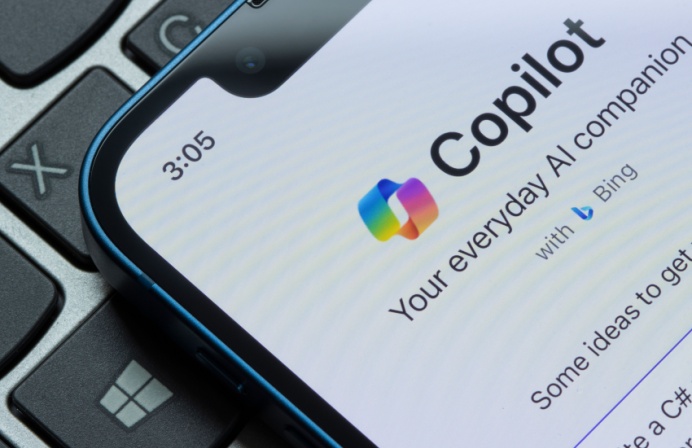
The Digital Transformation Agency (DTA) has commenced a six-month trial of Microsoft’s artificial intelligence (AI) capability for its 365 suite, Copilot, with over 50 Australian Public Service (APS) agencies and over 7,400 public servants participating.
The trial, running from January to June this year, aims to discover how generative AI can support the routines and daily tasks of APS staff, such as meeting summaries and presentation outlines, to enable more efficient use of their time and effort.
The program considers five key principles, based off Australia’s eight AI Ethics Principles, and requires participants to complete learning modules and knowledge assessments. The principles are:
- Accountability. APS staff-members must be able to explain, justify, and take ownership of any advice or decisions that where generative AI tools were used to assist the process.
- Transparency and explainability. Agencies should consider appropriately marking where generative AI was used, and any information generated must be critically examined.
- Privacy protection and security. The government should not use public generative AI tools with any classified, personal, or sensitive information and should follow the relevant laws and policies.
- Fairness and human-centred values. The government should avoid biases in generative AI tools that can harm some groups and should involve relevant communities in decision-making.
- Human, societal, and environmental wellbeing. The government should use generative AI tools in a way that improves the wellbeing of the community, respects right holders, as well as carefully considering Indigenous data sovereignty and governance.
“The DTA, in partnership with the AI in Government Taskforce, is leading the evaluation of the trial,” Chris Fechner, Chief Executive Officer for the DTA, said.
“Government should be an exemplar in transparency, risk management and governance of emerging technologies such as generative AI.
“By having agencies with different types of work participate – from the Department of Industry, Science and Resources to the Department of Finance and the National Disability Insurance Agency – the Australian Government will better understand how to harness generative AI in a safe, ethical and responsible way.”
The agencies participating in the trial originate from 14 portfolios and they are also joined by two parliamentary departments:
- Agriculture, Fisheries and Forestry
- Attorney-General’s, including the Australian Criminal Intelligence Commission, the Australian Federal Police, and the Australian Financial Security Authority
- Climate Change, Energy, the Environment and Water
- Education
- Employment and Workplace Relations
- Finance
- Foreign Affairs and Trade
- Health and Aged Care
- Home Affairs
- Industry, Science and Resources
- Infrastructure, Transport, Regional Development, Communications and the Arts
- Prime Minister and Cabinet
- Social Services
- Treasury
“The APS and the DTA will keep looking for opportunities to lift our Digital Government performance as evidenced by our inaugural OECD ranking and strive to improve on it in future years for the benefit of all Australians,” Fechner said.
“These goals go hand in hand with the Government for the Future mission that strives to take advantage of emerging technologies to deliver secure, ethical, and modern data and digital technologies by 2030.”





